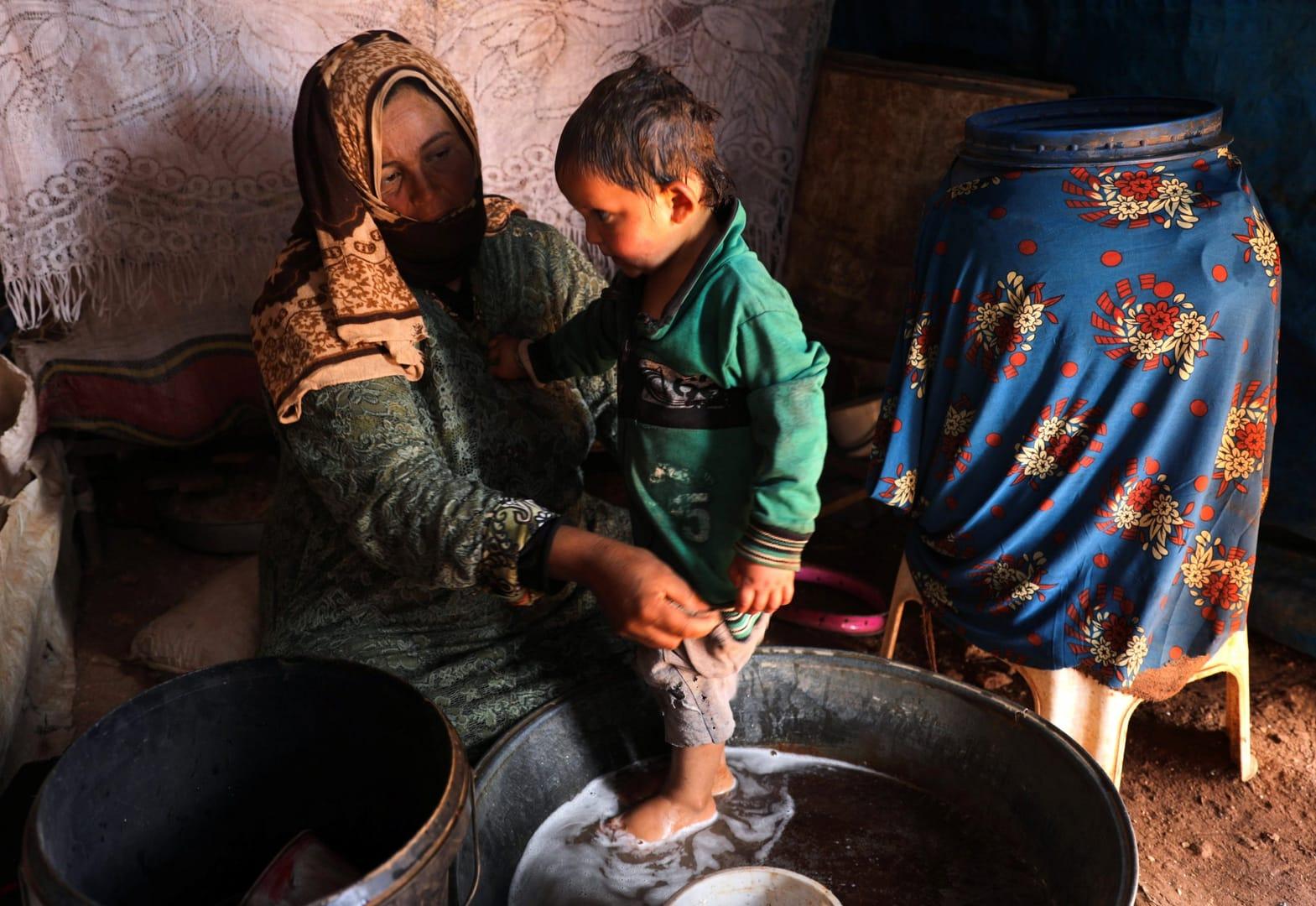ROME – One of Syria’s top bishops has called international sanctions against Syria “criminal,” saying they have little political impact but cause suffering for the poor and those already worn down by more than a decade of civil war.
The prelate also questioned the intentions of the Western nations who’ve imposed the sanctions, saying there’s an impression among some that the sanctions have been issued for geopolitical motives tied more to a political agenda that the welfare of the Syrian people.
In remarks to Fides News, the official information service of the Pontifical Mission Societies, Bishop Georges Abou Khazen, Apostolic Vicar of Aleppo for Catholics of the Latin rite, said that “perpetuating the sanctions against Syria means condemning many people to death.”
Khazen’s remarks come after the European Union Nov. 15 extended sanctions against members and bodies linked to the Syrian government and imposed fresh sanctions on four new ministers recently appointed to the Syrian government on grounds that they are aiding the repression of civilians in the war-torn country.
This follows a similar move by United States President Joe Biden in May, when he extended unilateral sanctions against Syria for another year. In July, Biden issued a new set of sanctions against the regime of Syrian President Bashar al-Assad for human rights violations.
European sanctions, first imposed in 2011 amid the repression of demonstrators opposed to Assad, currently affect some 287 people and around 70 different entities with ties to the Syrian government.
Church leaders in Syria, including the Vatican’s envoy to Syria, Cardinal Mario Zenari, and representatives of international aid organizations such as Caritas International, CNEWA, and Aid to the Church in Need have long argued that sanctions do little in the way of changing the status quo, but actually make life harder for people on the ground.
Earlier this spring marked 10 years since conflict in Syria first erupted in 2011. Nearly 400,000 people have died as a result of the country’s civil war, roughly a quarter of whom were civilians. Some 12,000 children have either been killed or wounded in the conflict.
During the conflict, hospitals and schools were routinely targeted, and millions of people either left, or have been displaced.
Syria’s pre-war population of around 22 million has been drastically reduced or scattered. Some 6.7 million are internally displaced, most of whom are living in camps, and an additional 5.6 million are living abroad as refugees, roughly 93 percent of whom have relocated to neighboring Lebanon, Jordan, and Turkey.
Since last December, nearly one million people were driven from their homes in Syria’s north where the last remnants of Syria’s war linger.
Now some 80 percent of the population is living beneath the poverty line and are unable to afford basic necessities, including food and medicines.
Church leaders and representatives of aid organizations have long lamented the fact that many families in Syria only get electricity for certain portions of the day due to sanctions, and people stand in a miles-long line for petroleum, at times spending their whole day inching forward step by step.
With Syria’s sanitary system barely functioning at half of its former capacity, the country has also been struggling to contain the coronavirus and treat those who fall ill.
According to the United Nations, some 13.4 million people required some form of assistance as of January 2021 due to Syria’s humanitarian crisis, and more than 12 million people in Syria struggle to find enough food to get through a single day. Some 500,000 children are chronically malnourished.
In his remarks, Khazen said that “the everyday situation is in many ways worse than what we saw when Aleppo was a battlefield between the Syrian army and the militias of the so-called rebels.”
“There are no drugs, the hospitals lack the equipment to save lives; the basic essentials of life, including food, are lacking; and many are barely able to get enough to eat every day to survive,” he said.
Khazen said the situation is even more unbearable “when one has the impression that the badly hidden aim of the sanctions is precisely to increase the suffering of the population in order to stir up dissatisfaction towards political leaders and pursue geopolitical strategies and interests by playing this game at the expense of the Syrian people.”
“It is always the poor who pay, while the rich and those in charge are spared,” he said. “That is why we keep saying here that these sanctions are criminal.”
Follow Elise Ann Allen on Twitter: @eliseannallen














